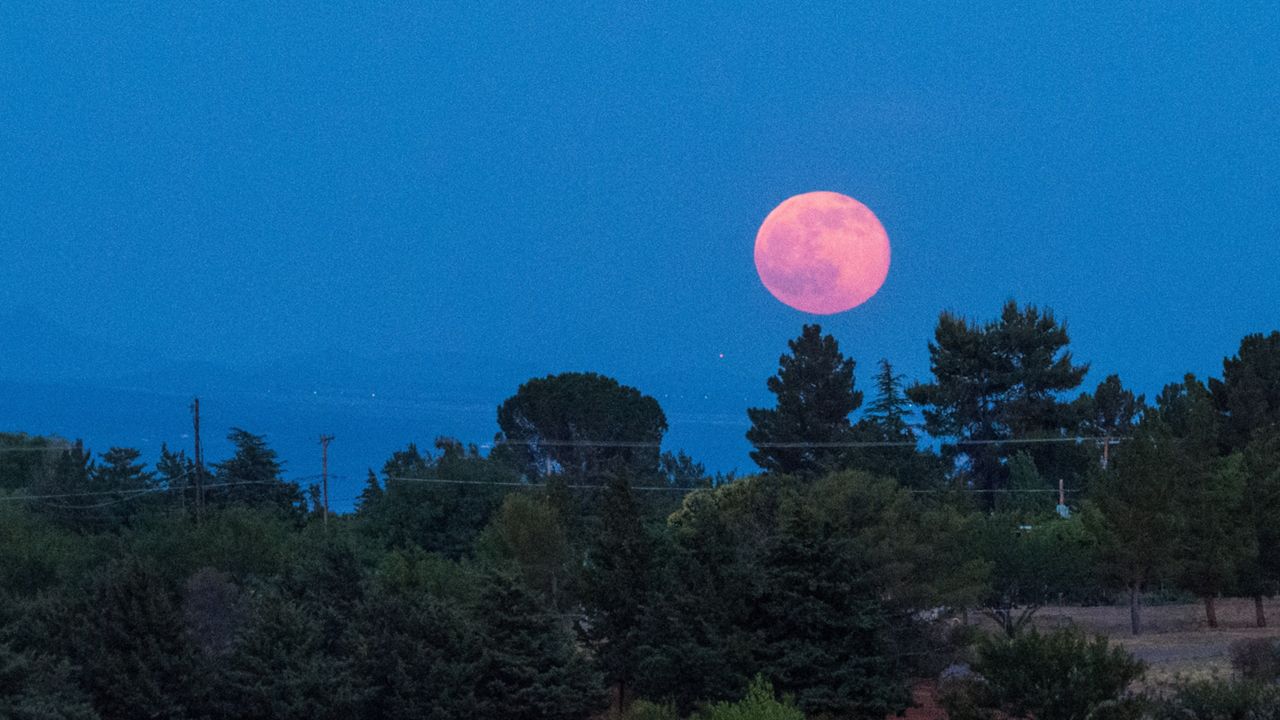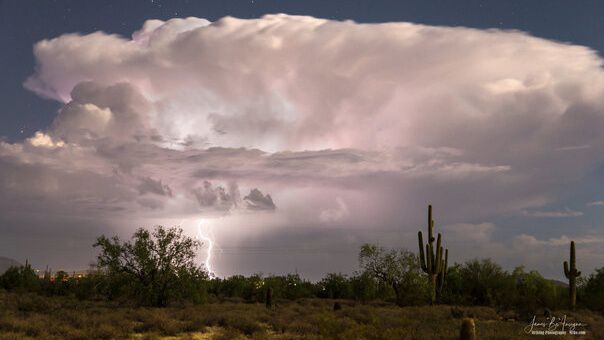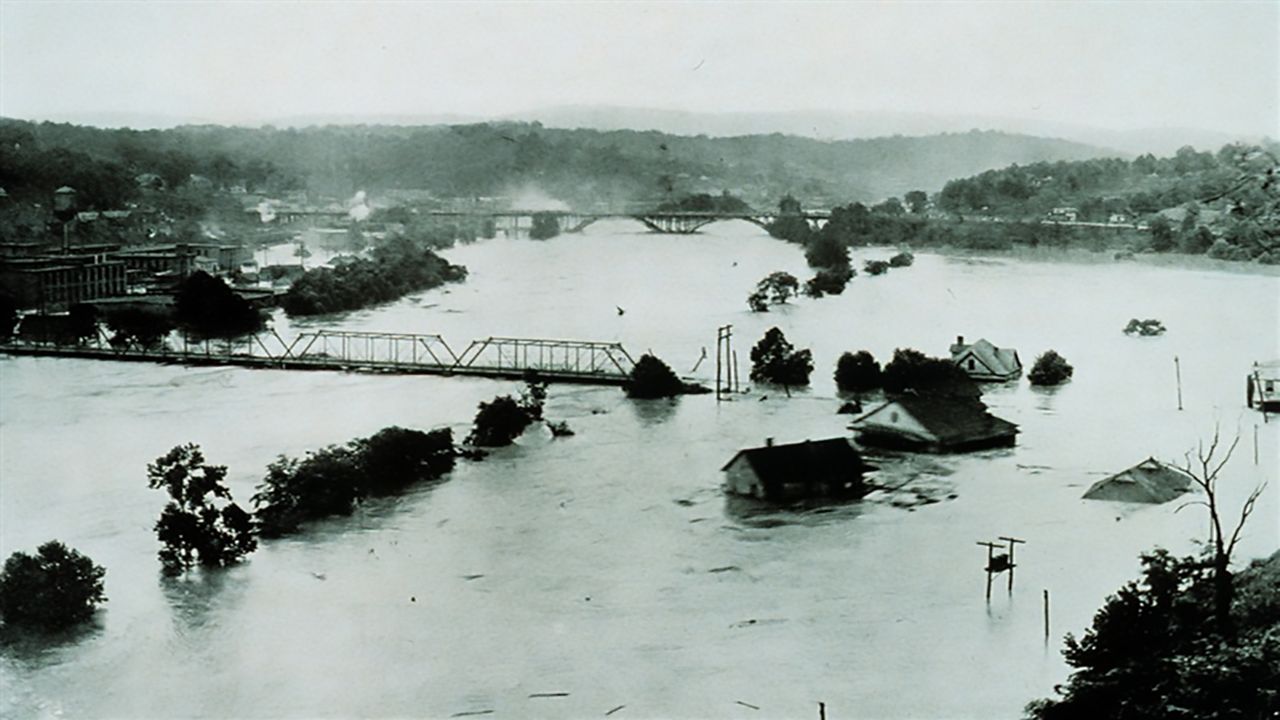You may be wondering who names tropical systems and why the names aren't always easy to pronounce. Good questions.
In short, an international committee of the World Meteorological Organization maintains and updates the lists of names used in the Atlantic Basin, which includes the Gulf and Caribbean. The World Meteorological Organization took over the task from the National Hurricane Center in 1978.
The World Meteorological Organization chooses names that are familiar to a region. Our region is large and includes any country touching the Atlantic Ocean, the Caribbean Sea and the Gulf of Mexico. That’s why you see different spellings and different pronunciations than what you may be used to. Yes, we also receive a pronunciation guide!
Also, the World Meteorological Organization never names a storm for a particular person. Sorry, you may not have one named after yourself.
There are six lists of names that rotate every six years. If there’s a terrible, deadly storm, that name is retired, and a new one replaces it six years later.
For example, since "Matthew" was retired in 2016, you’ll see "Martin" in 2022.
Fun fact: The U.S. used only female names for storms from 1953 to 1979. In 1979, men’s names were added to the mix and now alternate with women’s names.
What happens if we run through the entire list of names?
Well, we used to use the Greek alphabet, but the World Meteorological Organization decided that would no longer be the case after the very active 2020 hurricane season. We will now use a list of supplemental names, much like the names from the annual lists.





)


